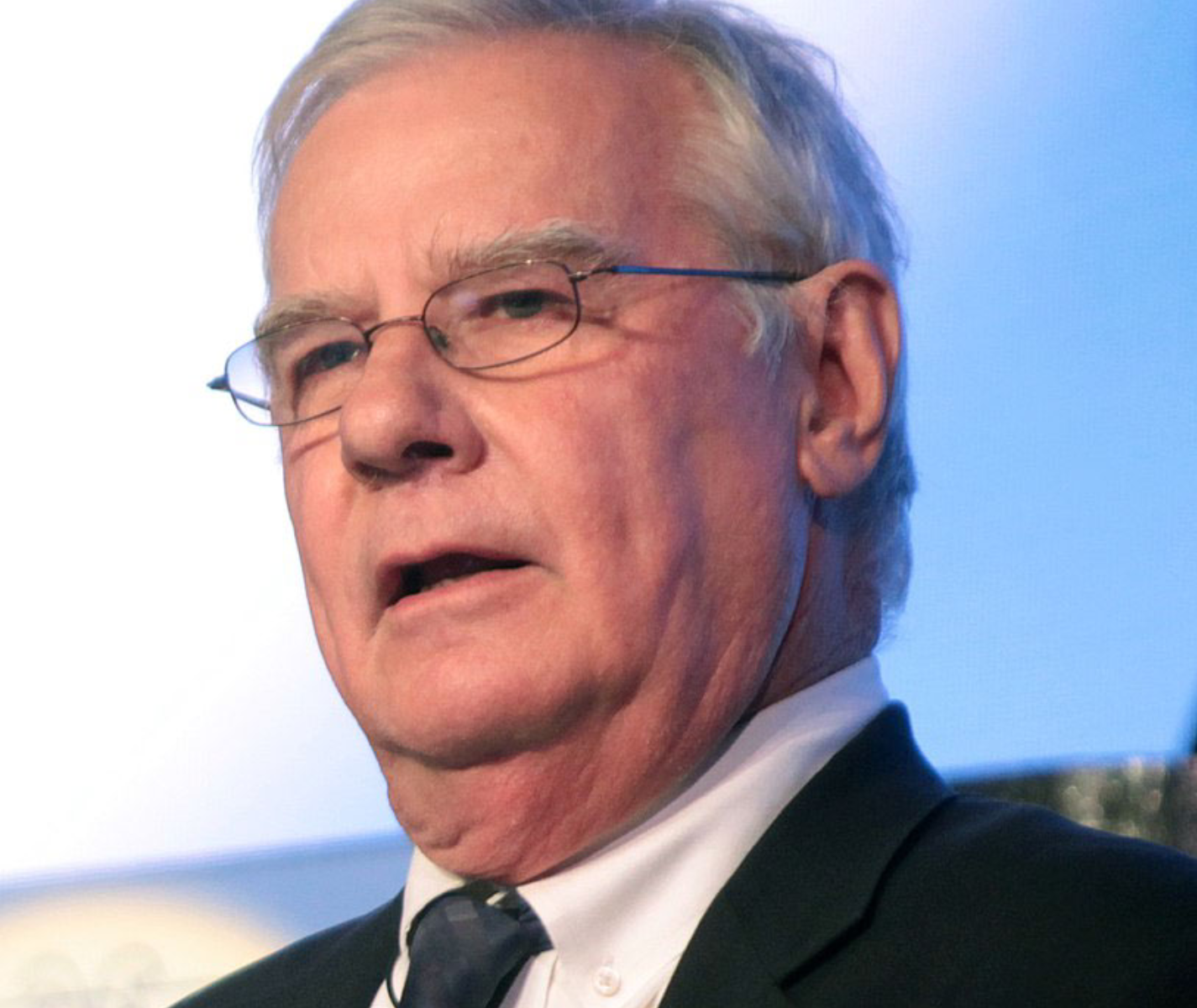
Patrick J. Michaels, Ph.D., was an outspoken ecological climatologist, former Virginia State Climatologist, and erstwhile president of the American Association of State Climatologists. For thirty years, he was a research professor of environmental sciences at the University of Virginia. He was a contributing author and reviewer of the United Nations Intergovernmental Panel on Climate Change and has published his work in numerous major scientific journals. He also published nine books on climate and climate effects and authored a chapter for a book I am co-editing through the Cornwall Alliance.
The biggest effect Pat had on the field of climatology, however, was his outspoken and common-sense approach to climate change. He was one of the early opponents of the alarmist view of anthropogenic climate change, but he recognized that climate change was not a ‘hoax’; rather, it was a natural process to which humans contribute, but the warnings of a global catastrophe lacked scientific proof. Thus, he referred to himself as a “lukewarmer” and rejected the pejorative label “climate denier.”
Pat was an effective communicator—both in the written and spoken word. His confidence was often mistaken for arrogance, an understandable response to the verbal and written slings and arrows that Pat endured for dissenting from the alarmist dogma. In reality, he was very engaging, even to those with divergent views, when his disparate ideas were not met with the all-too-frequent ad hominem attacks.
I, too, am a lukewarmer, and Pat is one of a few scientists who have strongly shaped my views on climate change. As a graduate student, I saw Pat debate one of my college professors on CNN’s Crossfire. The debate was heated at times, but the two were friends and even joined forces briefly to correct Robert Novak. But the professor warned me about Pat, that he could be difficult if you ever got on his bad side.
[Related: “When a Chemistry Journal Publishes a Sociologist on Climate and Energy”]
I first met Pat while I was at a job interview at the University of Oklahoma. He was interviewing for a professorship in the School of Meteorology, and I was interviewing for an assistant professorship in the Department of Geography. The four of us (including the chairs of the respective departments) met for lunch. We sat down and Pat started the discussion with, “So, Legates (he always referred to people by their last names), what is going on in the Sahel … is that anthropogenic climate change?” On the plane flight in, I had been reading Stephen Schneider’s book The Genesis Strategy. Although he later became an outspoken alarmist, Schneider covered the Sahel extensively in his book, noting that changes in the Sahel were due more to changes in land use caused by overgrazing than to large-scale climate change. I explained this to Pat in response to his question. He smiled and replied, “Yep, that’s it,” and we were friends thereafter.
Eight years later, I went on a year-long sabbatical leave at the University of Virginia (UVa). Although I had planned to work with one of their hydrologists, he took another position and left the university just two days before I arrived. To recover my lost sabbatical plans, I connected with the climatologists at UVa, including Pat. I learned quite a bit on my sabbatical leave, largely from interacting with Pat on both a professional and a personal basis. This came in handy later when, after having moved from the University of Oklahoma to the University of Delaware, I became the Delaware State Climatologist. Having Pat as the State Climatologist of Virginia was very helpful to me, not only in carrying out our duties but in standing together as we both came under fire in our respective states for not adopting the alarmist view of climate change.
In recent years, Pat and I joined together on several projects. I subbed for Pat on several national presentations when he could not attend, and we both were supposed to work for the White House to assist with the development of the current US National Climate Assessment. Although Pat decided in the end not to join formally, he worked with me behind the scenes to push ahead the production of the report, which was being stonewalled by forces from outside the administration. In fact, his last professional effort—just a day before he died—was to submit comments on the United States Global Change Research Plan, the governmental organization I briefly headed.
In this political climate, it is difficult to speak out against the alarmist mob. Pat, however, has shown me that it is imperative that we stand up for our convictions and that we express our views, even if they are not politically correct and are likely to elicit both personal and professional attacks. The truth is always sacrosanct.
Thank you, Pat—You will be missed … and by far more people than you could ever have realized.
Image: Gage Skidmore, Wikimedia Commons, Creative Commons Attribution-Share Alike 3.0 Unported license.
“To live in the hearts and minds of others left behind, is to never die.”